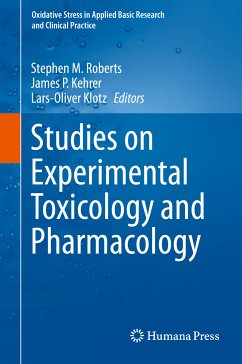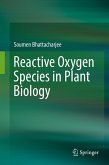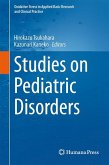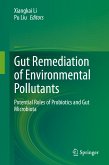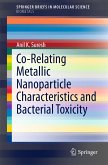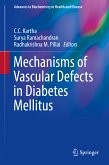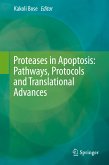Studies on Experimental Toxicology and Pharmacology promotes the concept of using biomarkers of free radical- and reactive species-induced injury as adjuncts to classical laboratory testing and the ability of antioxidants to provide cellular protection. There is increasing evidence that free radicals and other reactive species are causative, or at least supporting factors, that impact organisms and cause numerous tissue disorders.
With contributions from international experts in the field, this volume is a valuable resource for researchers and postgraduate students in toxicology and related fields, as well as clinicians and clinical researchers.
Dieser Download kann aus rechtlichen Gründen nur mit Rechnungsadresse in A, B, BG, CY, CZ, D, DK, EW, E, FIN, F, GR, HR, H, IRL, I, LT, L, LR, M, NL, PL, P, R, S, SLO, SK ausgeliefert werden.

